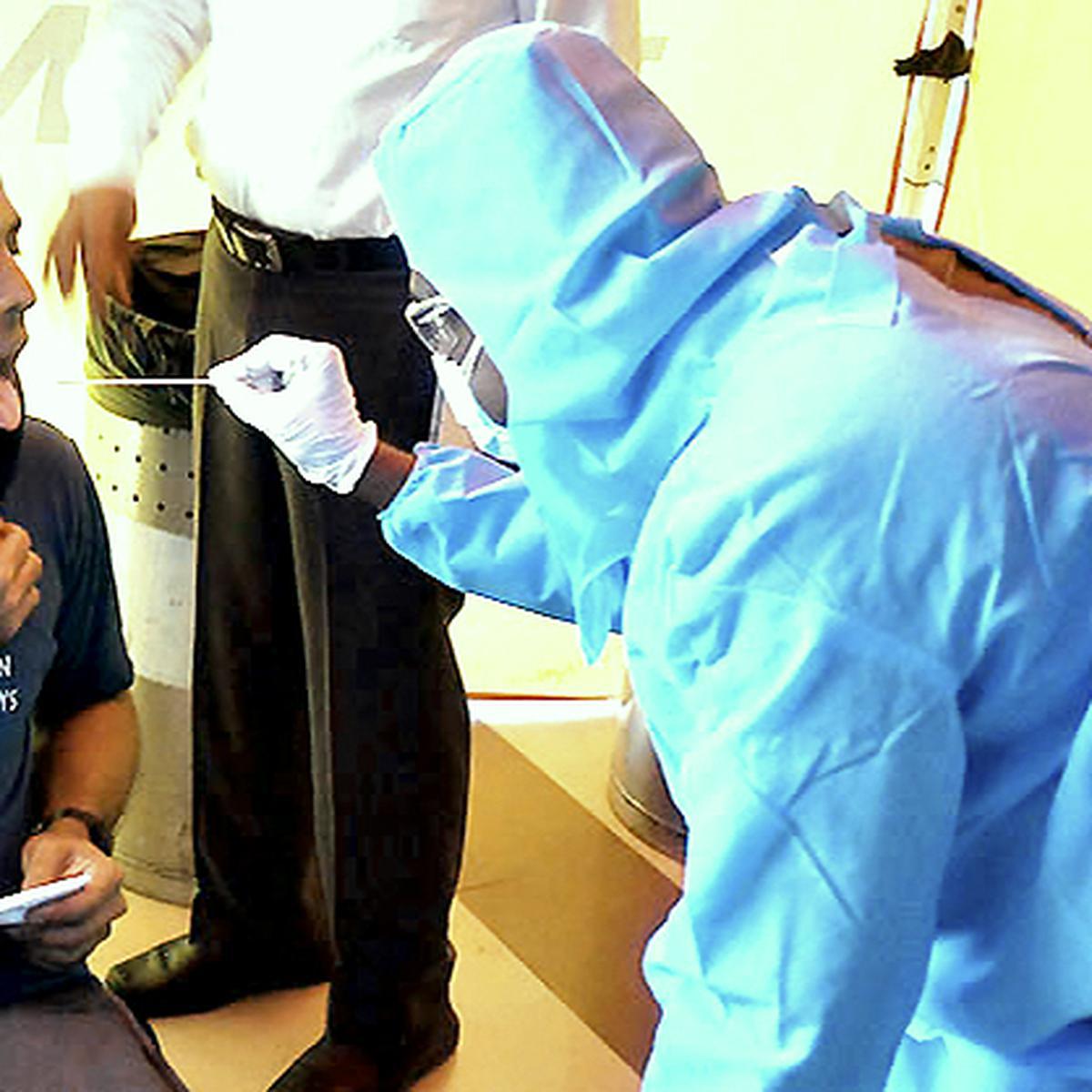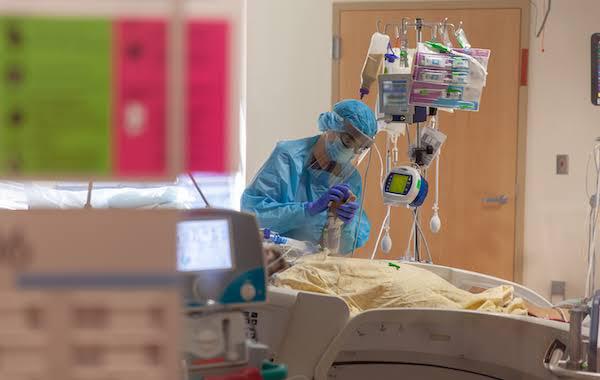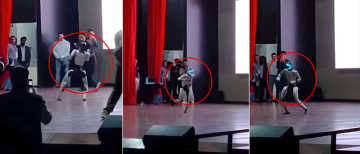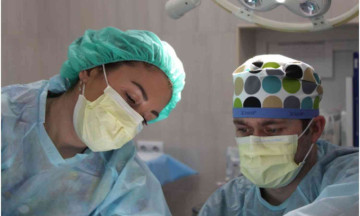A ‘Highly Unusual’, first ever case of vocal cord paralysis in a paediatric patient following a COVID-19 infection, was revealed by the researchers at Massachusetts Eye and Ear hospital in the U.S. in a recent study.
The study details the case of a previously healthy 15-year-old girl who visited the emergency department 13 days after being diagnosed with SARS-CoV-2. She experienced sudden shortness of breath amid having a history of asthma and anxiety, as outlined in the researchers' publication in Pediatrics.
An endoscopic examination unveiled bilateral vocal cord paralysis, indicating immobility in both vocal cords within the larynx or voice box. Following an extensive workup that ruled out other causes, the researchers concluded that this paralysis was likely a downstream effect of the COVID-19 virus.

Photo: The Hindu (Representational Image)
Lead author Danielle Reny Larrow, a resident in the Department of Otolaryngology-Head and Neck Surgery at Massachusetts Eye and Ear, stated, “Given how common this virus is among children, this newly recognized potential complication should be considered in any child presenting with a breathing, talking or swallowing complaint after a recent COVID-19 diagnosis.” He added, “This is especially important as such complaints could be easily attributed to more common diagnoses such as asthma.”
Throughout her hospitalisation, the patient underwent diverse diagnostic tests, including blood work, imaging, cerebrospinal fluid analysis, and consultations with specialists. After speech therapy proved ineffective in alleviating the patient's symptoms, the physicians resorted to a tracheostomy (a surgically created opening in the windpipe) to address the breathing challenges.
The researchers documented the patient's dependence on the tracheostomy for over 13 months after initial treatment, suggesting a potential non-temporary nature of this nerve-related complication. After submitting the case report, the physicians successfully removed the tracheostomy, precisely 15 months after its insertion. This timely intervention allowed the patient to attend her high school graduation and prom without the tracheostomy.

(Representational Image)
Christopher Hartnick, director of the Division of Pediatric Otolaryngology and Pediatric Airway, Voice, and Swallowing Center at Massachusetts Eye and Ear, said, "She was having her senior prom a year and a quarter to the date of when she lost her function, and she told me she was not going to go to the prom with her tracheostomy in place. We decided to intervene so that she could graduate high school and go to her prom tracheostomy-free, which she did."
Hartnick, emphasised the importance of recognizing the potential long-term neurotrophic effects of COVID-19 in children, urging the broader pediatric community to be aware of effective treatment.
Post-viral neuropathy, recognized as a cause of vocal cord paralysis, has been documented in adults as a complication of SARS-CoV-2 infection. However, this case marks the first report of such a complication in an adolescent. The significance lies in the unexpected nature of these complications in young, healthy individuals, especially considering the more than 15 million reported cases of pediatric SARS-CoV-2 infection.
©️ Copyright 2023. All Rights Reserved Powered by Vygr Media.






















